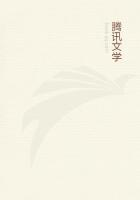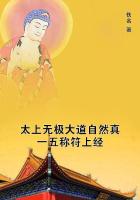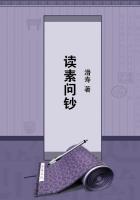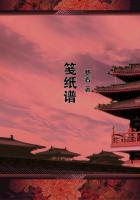In face of such evident proofs of the limitations of the human mind, and with the object of preserving in one way or another the Christian Revelation, a reaction against the supposed infallibility of reason set in both amongst Protestant and Catholic scholars. Catholic philosophers were inclined to distrust reason entirely, and to rely solely on divine authority as a guarantee of truth. In other words they accepted Traditionalism, while Protestants, equally suspicious of reason, proclaimed that in judging the value of revelation the human will and sentiment must be heeded as well as the intellect, that is to say they accepted Sentimentalism.
The attempt to replace Scholasticism by some new philosophic system gave rise to various schools of thought, most of which can be traced back ultimately to Bacon and Descartes, the former a partisan of the inductive, the latter of the deductive method. /Rene Descartes/[7]
(1596-1649) was born at Touraine, and received his early education with the Jesuits. In his desire to see the world for himself he took service as a soldier in the army of Prince Maurice of Nassau, and later on in that of the Elector of Bavaria. He retired from active life to give himself up to the study of mathematics and philosophy. At first he found a quiet retreat in Holland, from which he migrated to Stockholm at the invitation of Queen Christina. Here after a few months' residence he died. Throughout his life Descartes remained a sincere and practical Catholic. Putting aside Revelation, with which he did not profess to deal, Descartes, by an application of his principle of methodic doubt, arrived at the conclusion that the foundation of all certainty lay in the proposition /Cogito ergo sum/(I think, therefore I exist). From an examination of his own ideas of a most perfect being he arrived at the conclusion that God exists, and from the existence of a good and wise supreme Being who has given men reason, sense, and perception in order to acquire knowledge, he argued that these faculties cannot lead men into error, and that consequently the veracity of God was the ultimate basis of certitude.
The theories of Descartes were pushed to their logical conclusion by those who succeeded him. /Blaise Pascal/[8] (1623-1662) was influenced largely by the false mysticism of the Middle Ages. He distrusted reason and exalted faith, as the only means of answering the difficulties that pure intellectualism could not solve. /Arnold Geulincx/ (1625-1669) at first a Catholic and afterwards a Calvinist, arguing from the antithesis supposed by Descartes to exist between mind and matter, maintained that since matter was inert it could not produce the sensations and volitions which men experienced, and that therefore these must be caused by God. In other words he propounded the theory of Occasionalism. This doctrine of Occasionalism as furnishing an explanation of sensations was extended by Malebranche[9]
(1638-1715), a student of the Sorbonne, so as to explain the origin of human ideas. These he maintained could not come from outside, because there can be no contact between mind and matter; they could not come from the mind itself, because creation is an attribute only of the infinite being, and therefore they must come from God. Hence, according to him, it is in God or in the divine essence that we see all things (Ontologism). If all activity and all knowledge come directly from God, it was only natural to conclude, as did /Spinoza/(1632-77), that there exists only one substance endowed with the two attributes of thought and extension (Monism, Pantheism).[10]
From this brief sketch it will be seen that the rejection of the Scholastic System and the divorce between theology and philosophy led to dogmatic chaos, and ultimately to the rejection of divine revelation. By his attacks on the old proofs given for the existence of God and the motives of credibility, by the emphasis which he placed upon methodic doubt as the only safe way to certainty, and by the suspicions raised by him against the reliability of human reason, Descartes unwittingly paved the way for scepticism and atheism. Though his system was condemned by Rome and forbidden more than once by Louis XIV. it was taken up by the Oratorians and by most of the leading scholars in France.

